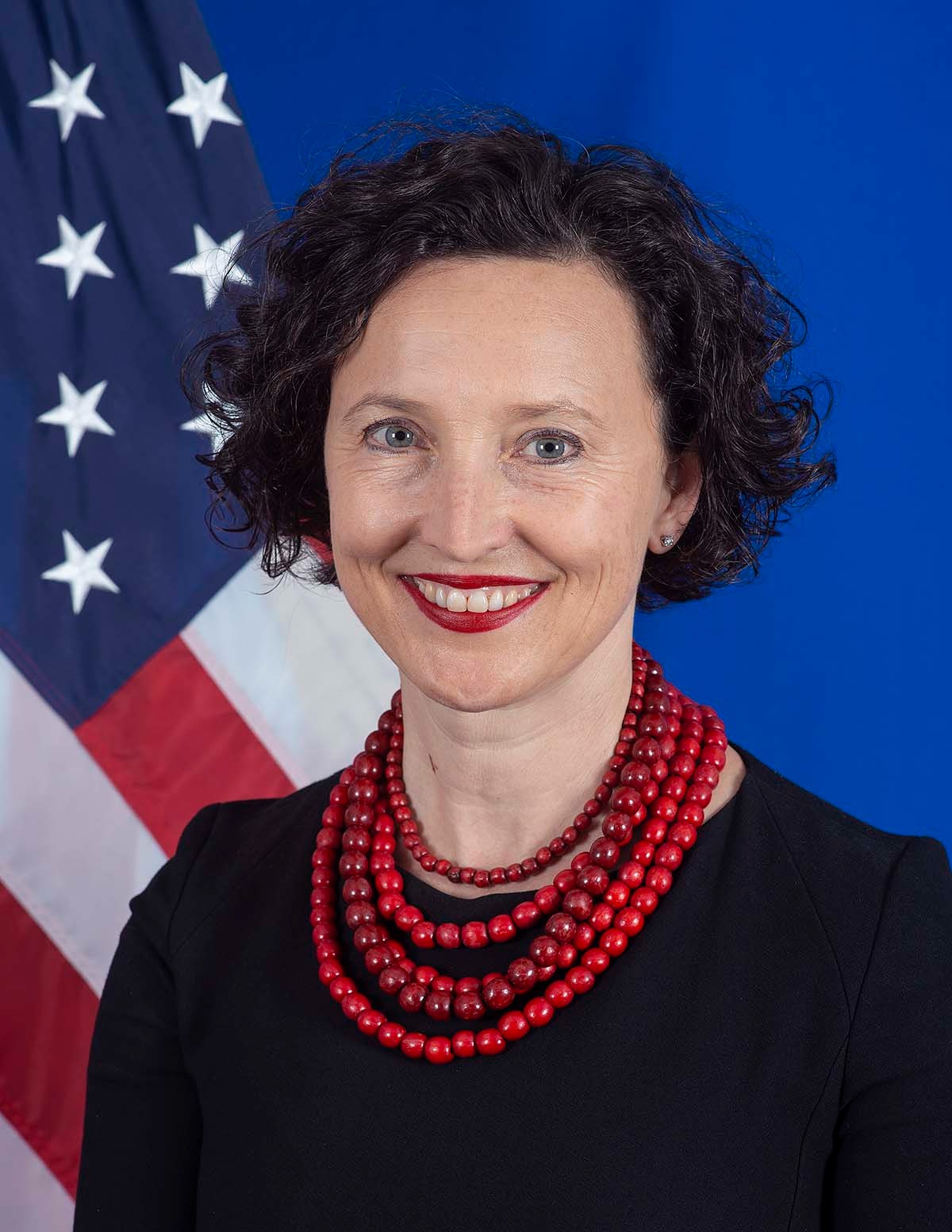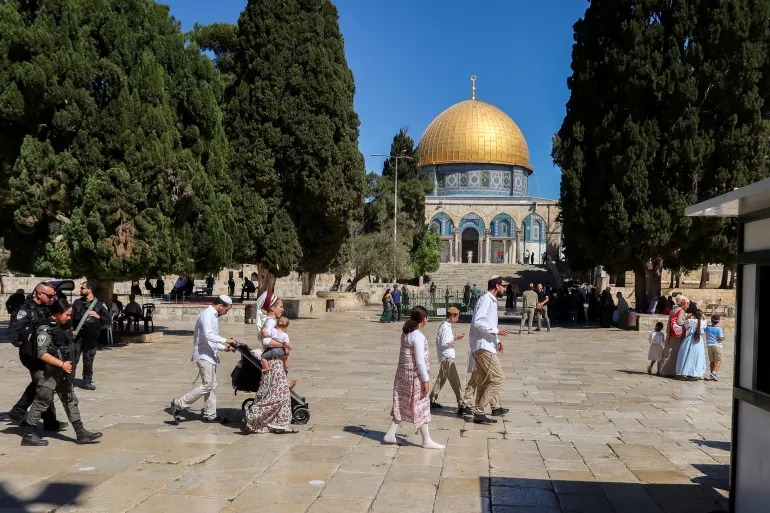In a resounding commitment to bolster Pakistan’s democratic processes and economic recovery, Elizabeth Horst, the US Deputy Secretary of State Responsible for Pakistan, delivered a powerful address at a seminar held at One UN Plaza. The seminar, titled “Exploring the Pillars of Democracy: US-Pakistan Relations,” took place as a side event during the 78th session of the UN General Assembly. Ms. Horst, along with Ambassador Robin Raphel and other scholars, discussed critical aspects of the US-Pakistan relationship, emphasizing the importance of credible elections and economic reforms.
US Emphasizes Commitment to Pakistan’s Democracy
Ms. Horst, representing the US administration, reiterated the United States’ unwavering support for Pakistan’s democratic process. She clarified that the US does not endorse any specific individual or political party but stands firmly with the people of Pakistan in their right to choose their government freely and fairly. Ambassador Donald Blome, the US ambassador in Islamabad, had recently conveyed this message to various Pakistani institutions and political parties during a series of meetings, emphasizing the significance of open competition and media coverage in the electoral process. Ms. Horst stressed that credible elections, conducted in accordance with Pakistan’s laws and Constitution, are vital for upholding democracy, and they should be free from violence.
Ms. Horst underlined that democracy encompasses more than just elections, emphasizing the importance of freedom of religion, addressing abuses of blasphemy laws, and protecting the rights of minorities. These elements, she stated, are integral to the democratic process, and the United States will continue to engage in constructive dialogue with Pakistan on these issues while maintaining optimism about the collaborative potential of both nations.
Ambassador Robin Raphel Blames All Sides for Pakistan’s Political Crisis
Ambassador Robin Raphel, a prominent supporter of Pakistan in Washington, candidly addressed the ongoing political crisis in Pakistan. She attributed blame to all sides, noting that the recent vote of no confidence had not gone as planned. Raphel suggested that the Pakistan Tehreek-e-Insaf (PTI) had become overly confident and provocative in its rhetoric and street power, leading to violent riots and the destruction of property. Subsequently, a crackdown on democratic norms, such as freedom of assembly and freedom of speech, ensued.
To overcome the current predicament, Raphel stressed that Pakistan must hold elections to ensure that its people have a voice in selecting their representatives. She urged all stakeholders to come together in support of democratic principles, rule of law, and peaceful governance.
IMF Reforms Critical for Pakistan’s Economic Stability
Addressing Pakistan’s economic challenges, Ms. Horst acknowledged that the nation’s economic well-being remains a concern for international stakeholders. She highlighted the long-standing relationship between Pakistan and the International Monetary Fund (IMF) and the current standby agreement, which provides Pakistan with much-needed breathing room. Ms. Horst emphasized that it is essential for Pakistan to stay the course and implement the IMF-recommended reforms, including energy sector reforms, investment in energy infrastructure, and tax space expansion.
Ms. Horst praised Pakistan’s remarkable human talent, which, if harnessed effectively, could not only revitalize the national economy but also contribute to the global stage. She affirmed that the United States stands behind these reforms and believes they are essential for attracting US and other investors to Pakistan.
In closing, Ms. Horst highlighted the ongoing economic, defense, and security dialogues between the US and Pakistan, signaling a new chapter in their bilateral relationship. Avishan Bodjnoud, Chief of the United Nations Department of Political and Peacebuilding Affairs (DPPA-DPO), echoed the importance of democratic principles globally, urging the international community to uphold these principles.
The seminar, organized by the Muslim American Leadership Alliance in collaboration with the United Nations Economic and Social Council, aimed to find solutions to Pakistan’s current challenges and provide recommendations for stabilizing its economy. Dawood Ghaznavi, a guest speaker from Pakistan, proposed five key points to achieve stability, including political stability, a US-Pakistan security pact, building a stronger middle class, upholding the rule of law, and enhancing people-to-people relations between Pakistan and the United States. The seminar concluded with a renewed sense of commitment to Pakistan’s democratic future and economic prosperity.
















